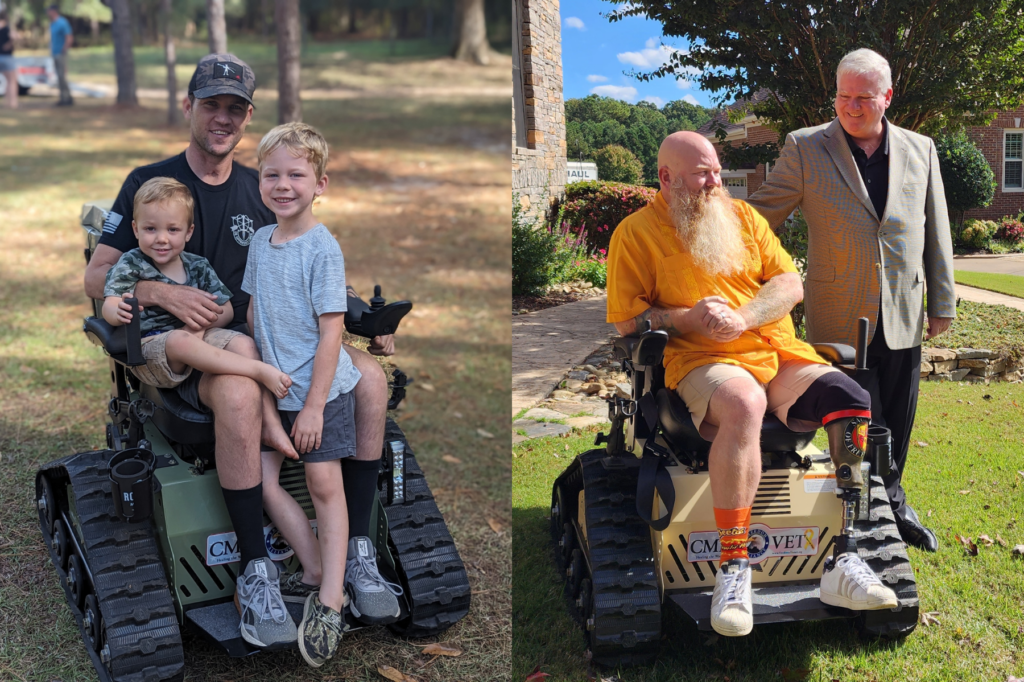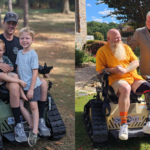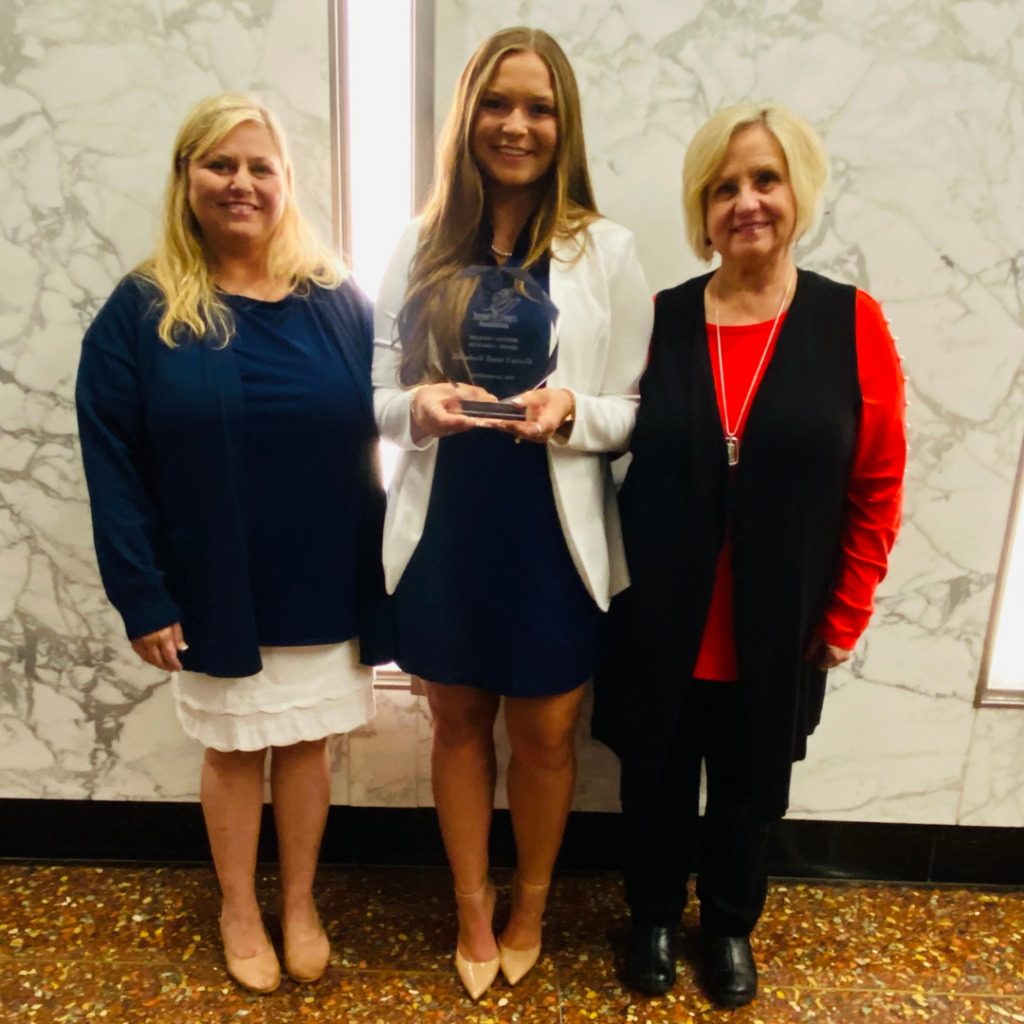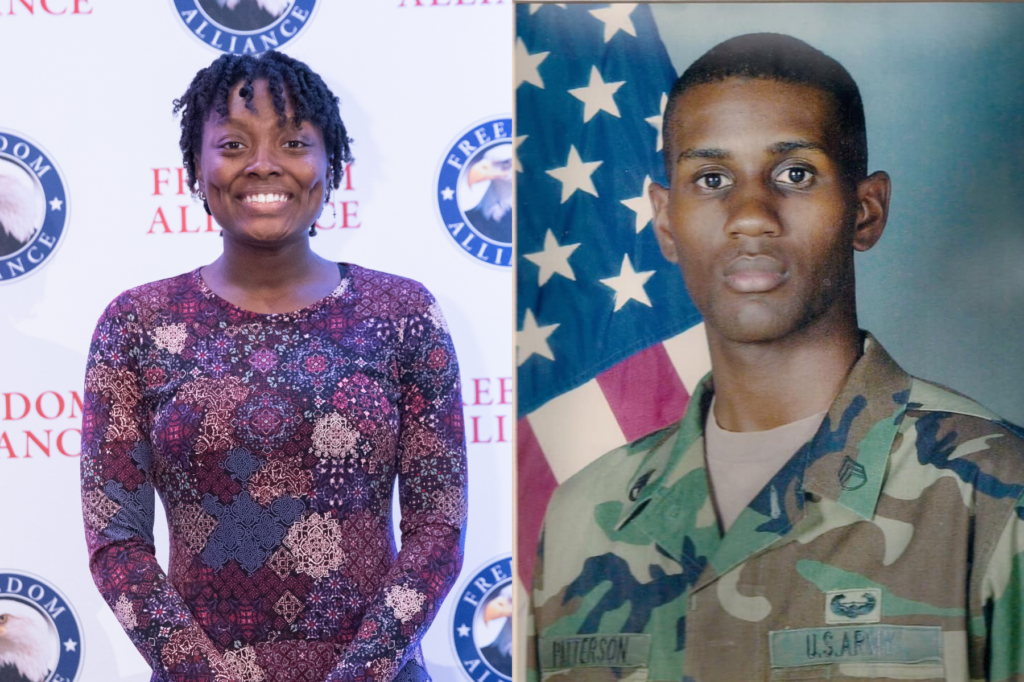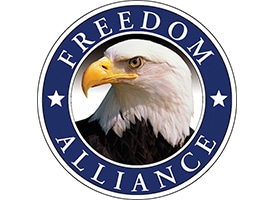
To help veterans and families impacted by the COVID-19 pandemic, President Trump signed the Coronavirus Aid, Relief & Economic Security (CARES) Act on March 27. Freedom Alliance works with thousands of veterans and their families each year, providing assistance in Healing the Wounds of War. The assistance not only honors their selfless service, but provides them numerous opportunities to continue their healing journey.
The Department of Veterans Affairs resource page can be viewed here, but to simply your research, we have highlighted below the provisions, which most directly impact veterans and their families:
Telehealth for VA Care: Allowing VA to enter into short-term agreements with telecommunications companies to deliver free or subsidized support for mental health services through a telehealth connection or VA’s Video Connect service.
Health Insurance: The CARES Act will provide $20 billion for veteran health care.
Unemployment: The federal government is adding $600 per week in benefits thru July 31, 2020. States typically pay a percentage of an employee’s salary, the federal government has added a pandemic unemployment benefit, adding $600 a week to the average unemployment benefit.
Student Loans: For people struggling to pay off their student loans, the CARES Act allows borrowers to suspend federal student loan payments for six months until the end of September and waives student loan interest on those federal loans as well for that time period. Students with work-study grants who are not able to do their jobs because their campus is closed may still be paid in full (though schools may choose to pay less).
Small Business Owners: The CARES Act will provide tax credits and emergency funds to businesses, small and big alike, to help them stay afloat and keep workers on the payroll. It also offers an incentive for employers to not lay off workers by promising loan forgiveness. Veteran-owned small businesses should take note of programs in this bill such as the Paycheck Protection Program which could allow qualifying businesses to take out small business loans to handle payroll issues during the coronavirus.
Food Banks and Other Food Security Programs: To help hungry Americans, the CARES Act authorizes $450 million to go to food banks and other food programs (this is in addition to previous emergency funding), $8.8 billion to school meal programs and $15.5 billion to the Supplemental Nutrition Assistance Program. Extra allotments for families with children whose schools closed due to the public health emergency. Waivers are also included for certain normally mandatory qualifications for many programs that require tests to determine nutritional risk for WIC and SNAP’s work and training requirements.
Early Withdrawals from IRAs, 401(k)s: People who have been diagnosed with COVID-19 or whose spouses have been diagnosed – or anyone who has been adversely impacted financially by the coronavirus or disease – can withdraw up to $100,000 from their tax-advantaged retirement accounts like 401(k)s penalty-free.
TSP: For active employees, the 10 percent “early withdrawal” penalty for taking a withdrawal before age 59 ½ will be waived for withdrawals of up to $100,000 for reasons related to the virus.
Mortgage Relief: Homeowners who have federally backed mortgages (Fannie Mae, Freddie Mac, FHA, or USDA loans) and are experiencing financial hardship due to the coronavirus pandemic may request forbearance for up to 180 days. Any mortgage guaranteed or insured by the Department of Veterans Affairs will be granted forbearance on the individual’s federally backed mortgage loan for up to 180 days with the option to extend for another 180 days.
In addition, Freedom Alliance is advising veterans and families to:
- Check your State and Local Municipality for other relief assistance as much has been delegated to the local governments.
- Check for veterans service organizations who are offering grants and financial assistance. Many have differing qualifying criteria to receive a grant.
- Stay in touch with fellow veterans and families via social media and share helpful information as it comes your way.
- Fight isolation by conducting “buddy checks” with your fellow veterans.
During this crisis, as we always do, Freedom Alliance is caring for the needs of our veterans and their families and our scholarship students.
A Note to Our Benefactors:
Thank you for your continued generosity toward our efforts. With your help, we are ensuring that the sacrifice of heroic Americans is honored through their children.
We are grateful for your support. Thank you!
